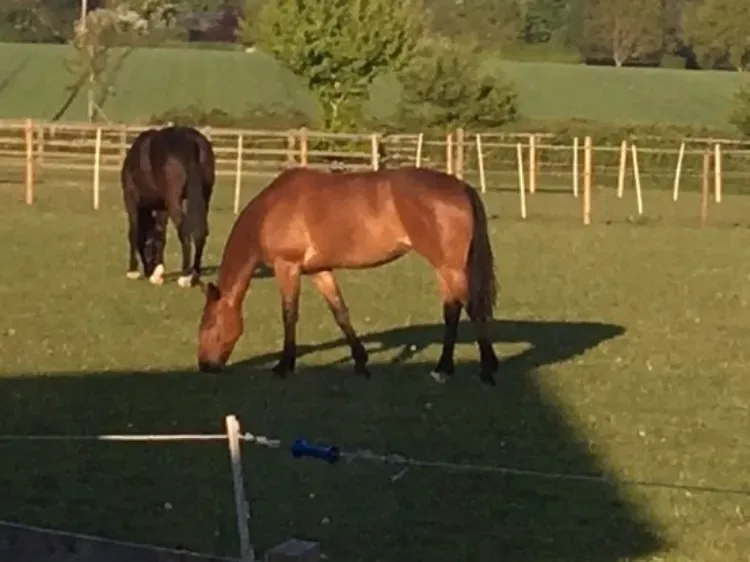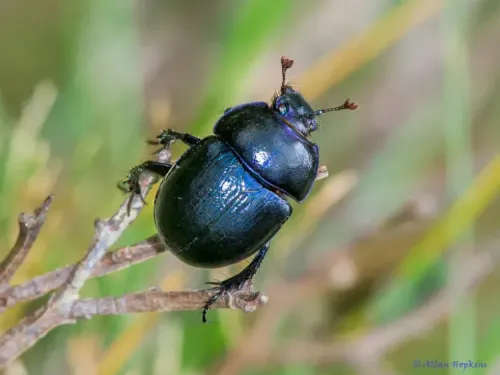
The Small Redworm Life Cycle
Adult small redworms live in the horses intestines where they lay eggs that pass into the faeces. Eggs transfer to the pasture when horses graze and these eggs hatch into larvae. These larvae climb to the end of the grass and are consumed by the horse to continue the cycle of infestation.
There is a Complication to this Small Redworm Life Cycle
In the Autumn and Winter some small redworm larvae do not develop into worms. They burrow into the gut wall waiting for warmer weather. They are then encysted redworm larvae.
What happens if a horse has a Small Redworm Infestation can be Deadly
The more small redworms there are the more larvae will become encysted in Autumn and Winter. These encysted larvae wait for the weather to warm up and then they emerge into the horses’ intestines. This can kill a horse.
The signs of Encysted Redworms emerging in the Horses Gut will vary
In bad cases the horse will have:
- Severe watery diarrhea
- Colic
- Weight loss
- 50% mortality rate.
How to prevent Small Redworms
1. Good Pasture Management:
- In the ideal situation, all dung is removed daily from the paddock. If this is not possible then harrow the pasture to spread the dung out.
- Rotate the paddocks so that the grass rests and the redworm cycle stops in that area.
- Cross graze with sheep or cows as they are not hosts for horse worms.
- Keep the grass short as the Larvae like to crawl to the end of long grass.
2. Good Horse Worming Regime:
- In late Autumn or in the Winter worm your horse with a wormer that kills encysted small redworms. These wormers contain moxidectin or fenbendazole.
- Worm in accordance with the instructions and know your horse’s body weight so that the process is effective.
- Make sure that your horse does not develop a high redworm infestation through summer grazing. This means having a worm count and then worming with a suitable wormer to kill non-encysted small redworm.
- Do not over worm your horse as it leads to the worms becoming resistant to the worm-killing ingredient.

Article Suggestion
Money Saver- Sustainable Adult Horse Worming
